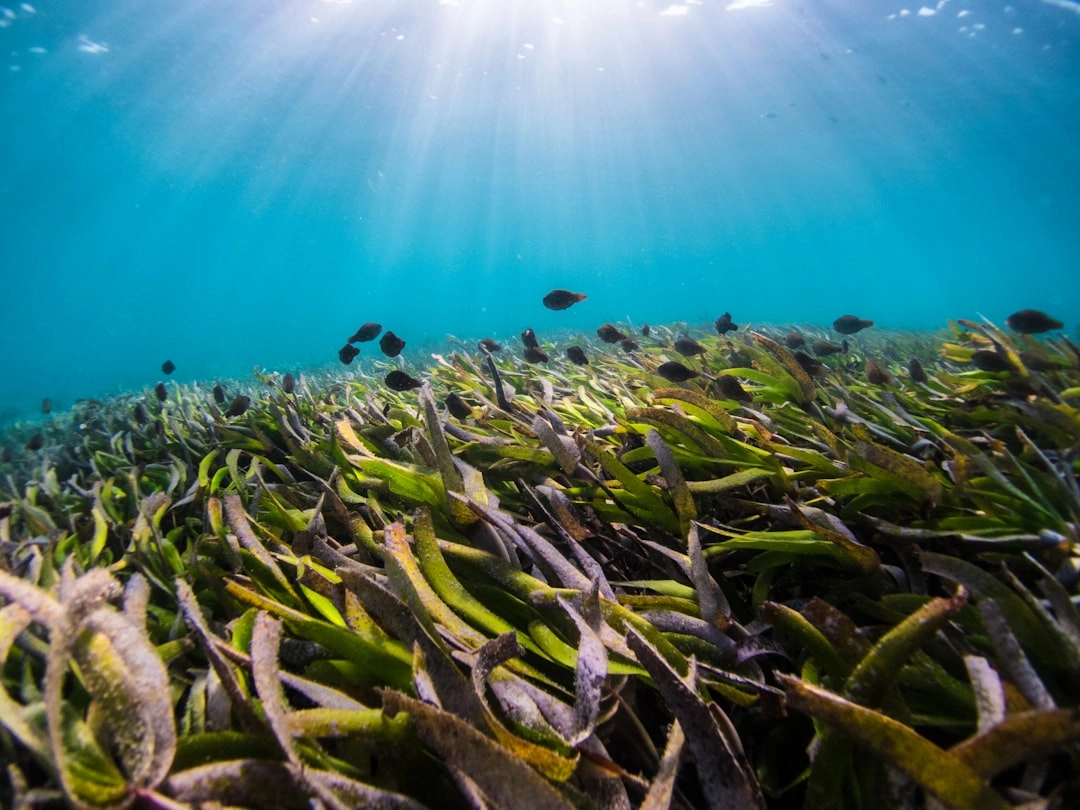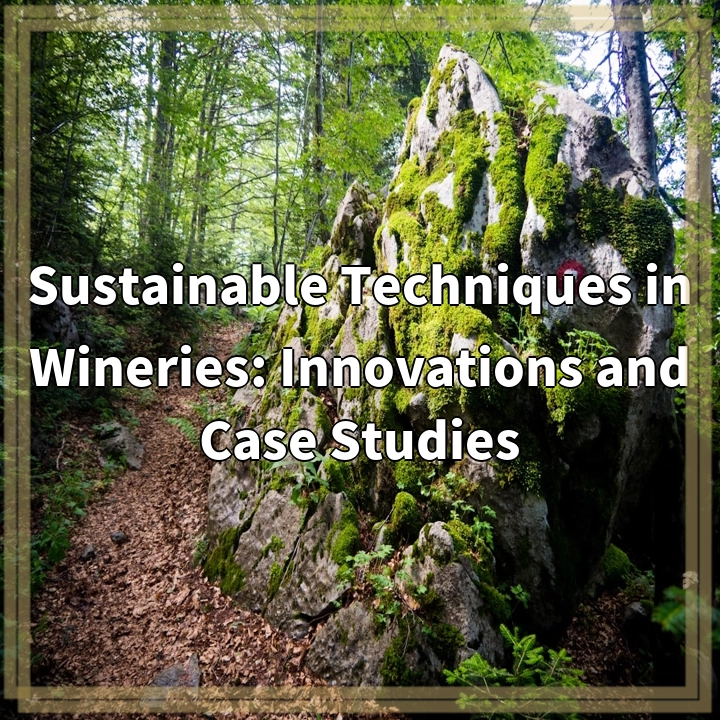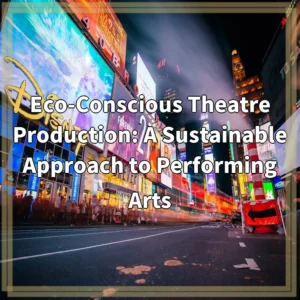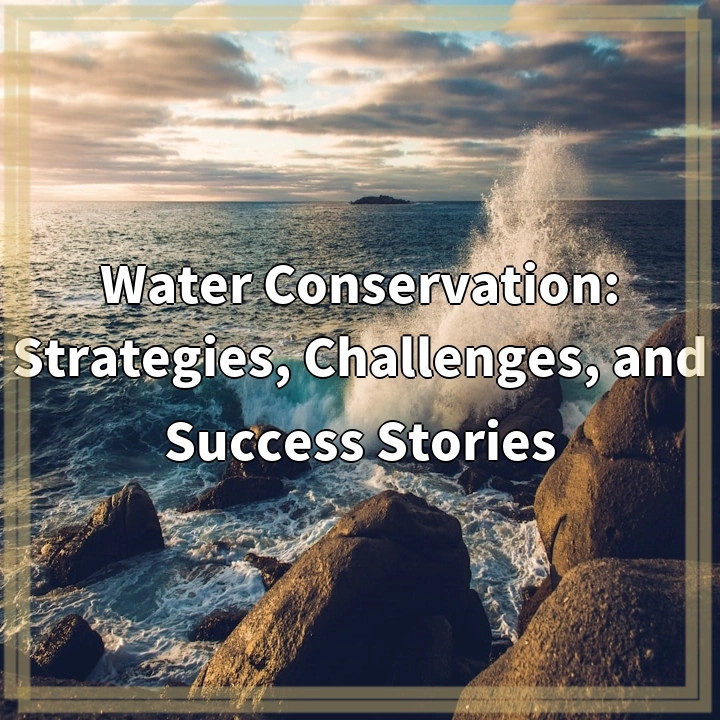
What it is:
Water conservation is the practice of using water efficiently to reduce unnecessary water usage. As a crucial natural resource, fresh water is essential for life, agriculture, and industry. Its conservation is vital for ensuring sustainability and overcoming the challenges posed by water scarcity. Strategies for water conservation can include rainwater harvesting, greywater recycling, efficient irrigation techniques, and promoting water-efficient appliances and fixtures.
Real-world Problems
The world faces significant challenges related to water conservation. One of the most pressing issues is water scarcity, which affects billions of people globally. Climate change has exacerbated droughts and altered precipitation patterns, leading to diminished water supplies in many regions. Urbanization and increased population density further strain existing water resources, making it essential to implement effective water conservation measures.
Inadequate Infrastructure
In many areas, outdated or insufficient water infrastructure leads to significant water losses through leaks and inefficiencies. Aging pipelines and distribution systems can waste millions of gallons of water daily. Investing in modern infrastructure is crucial for minimizing these losses and ensuring reliable access to clean water.
Behavioral Challenges
Public awareness and individual behaviors play a crucial role in water conservation. Despite its importance, many individuals and businesses continue to use water wastefully, often unaware of how their actions contribute to the larger problem. Education and outreach programs are needed to encourage sustainable practices and instill a sense of responsibility towards water conservation.
Agricultural Demand
Agriculture is one of the largest consumers of fresh water, accounting for approximately 70% of global water use. Inefficient irrigation methods contribute to significant water waste. Transitioning to more sustainable agricultural practices, such as drip irrigation and drought-resistant crops, is essential for ensuring food security while conserving water resources.
Pollution and Contamination
Water pollution from industrial, agricultural, and urban runoff poses a severe threat to freshwater supplies. Contaminated water sources require costly treatment processes, reducing the amount of clean water available for consumption and agricultural use. Implementing policies to prevent pollution and protect water sources is vital for long-term water conservation efforts.
Addressing these real-world problems requires a multifaceted approach, combining policy changes, infrastructure improvements, public education, and community engagement in water conservation initiatives. By understanding the challenges and implementing effective strategies, both individuals and communities can play a crucial role in preserving this invaluable resource for future generations.
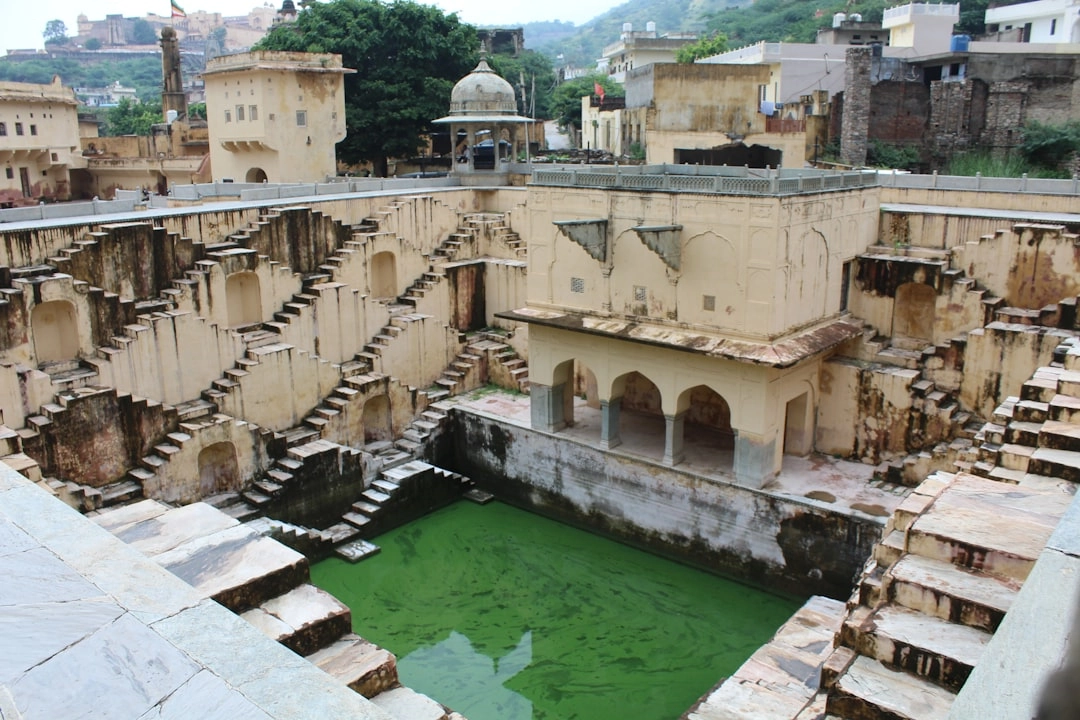
Solutions to Water Conservation Challenges
Effective water conservation strategies are essential to address the challenges associated with water scarcity, pollution, and inefficient usage. A comprehensive approach that includes technological innovations, policy reforms, and community engagement can lead to significant improvements in water conservation efforts.
Technological Innovations
Advancements in technology play a pivotal role in enhancing water conservation. The adoption of smart irrigation systems, rainwater harvesting techniques, and greywater recycling can vastly improve water efficiency. Implementing water-efficient appliances and fixtures in households and businesses is also crucial for reducing overall consumption.
Improved Infrastructure
Investing in modern water infrastructure is critical for minimizing losses. Upgrading pipelines and distribution systems can prevent leaks and ensure reliable water supply. Regular maintenance and monitoring of water infrastructure will help detect and fix issues promptly, further conserving precious water resources.
Public Awareness and Education
Raising public awareness about the importance of water conservation is essential. Educational programs can promote sustainable practices and encourage individuals and businesses to adopt more responsible water usage habits. Community events, workshops, and outreach campaigns can effectively engage the public in water-saving initiatives.
Sustainable Agricultural Practices
To address the high water demand from agriculture, implementing sustainable farming practices is vital. Techniques such as drip irrigation, crop rotation, and the use of drought-resistant crops can significantly reduce water consumption in agricultural systems. Encouraging farmers to adopt these practices through incentives and training can lead to a more sustainable food and water system.
Pollution Prevention Policies
Establishing and enforcing policies to prevent water pollution is crucial for protecting freshwater supplies. Regulations on industrial discharges, agricultural runoff, and urban development can help safeguard water quality. Investing in wastewater treatment facilities and promoting green infrastructure can further mitigate pollution and enhance water availability.
By implementing these solutions—a combination of technological advancements, improved infrastructure, public education, sustainable agriculture, and effective policies—communities can significantly improve their water conservation efforts and ensure a sustainable future for this vital resource.
